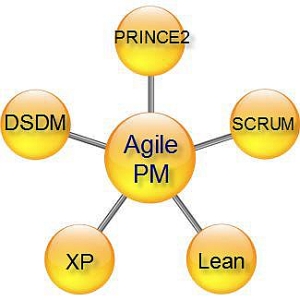Project Evaluation Planning
Evaluation planning is the final high-level process of the Project Setup phase to develop a comprehensive evaluation plan that explains how the project manager should plan for measuring the success of the project effort. Evaluation planning is necessary for making appropriate reviews and analysis of the project implementation process. The project manager in consultation with an advisory board and experts must create a plan for evaluating status and progress of the implementation process. This person will be responsible for information the key stakeholders on the progress through exchanging regular status reports and also the final project report.
















